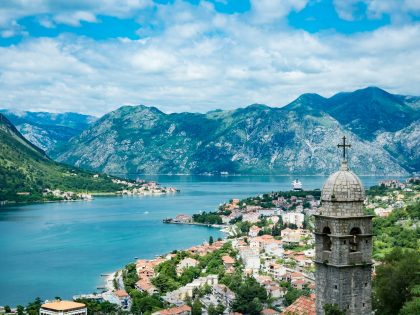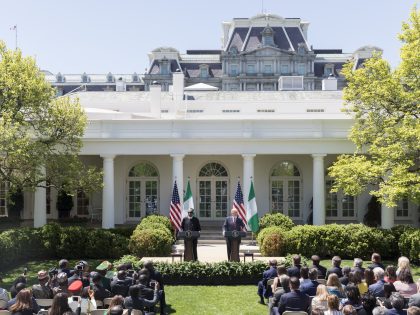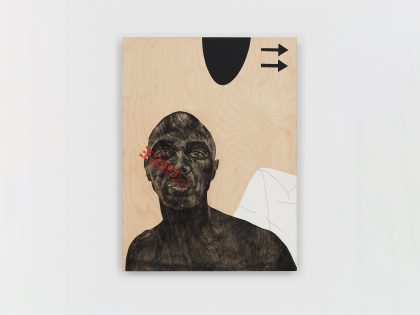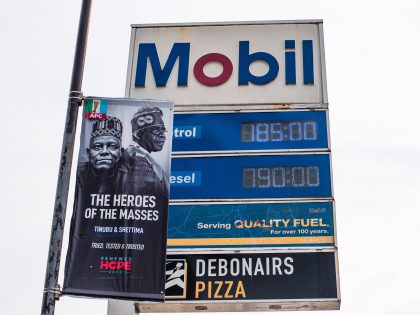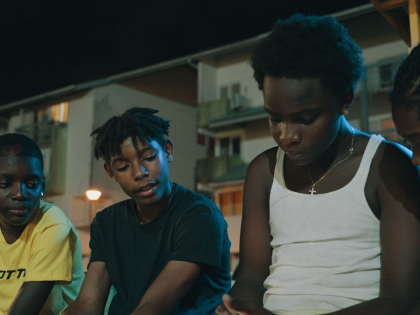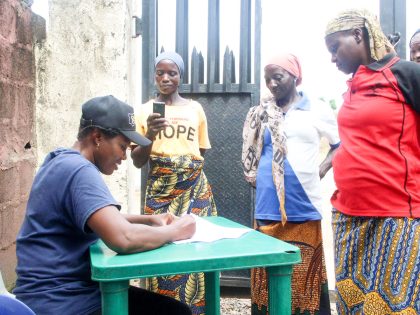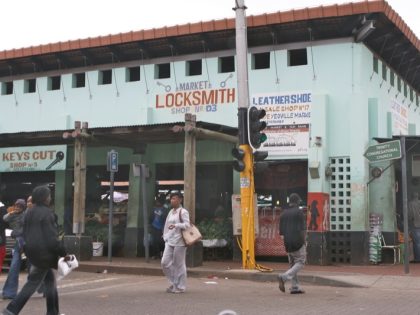Eating Staten Island Crow

New Orleans-based historian Thomas J. Adams on Occupy Wall Street:
“We are the 99% [the slogan of OWS protesters] sounds nice and I suspect has been a catchy chant below 14th St. The problem lies in the fact that it puts a very large cart ahead of a very small horse. Through virtually all of human history where there has been oppression, there has not been resistance, at least of the variety that has a modicum of hope of actually changing the political, economic, legal, or social imperatives of the oppression. “We are the 99%” as a message assumes otherwise. It assumes, sans historical or contemporary evidence, and without an organizational mechanism to change this fact, that the rest of the 99% will, like our sanitized image of Rosa Parks and those Columbia students mistaken for revolutionary proletarians, organically throw off their yokes in service of real and substantive historical transformation.
By claiming to represent the interests of, or worse, speak for the 99%, the protesters in lower Manhattan and across the country fully replicate the deus ex machina trope of historical change. As a result of this, protest on Wall St and virtually everywhere else in modern America has become more about bearing witness and venting anger than any effective or sustained challenge to the institutions and classes that control our politics, economy, and society. Protest becomes an end in itself, not a small, if dramatic weapon in the arsenal of radical transformation. Furthermore, when protest takes this form, unmoored from a sustained and mass-based politics and grounded in the dreamy assumption that oppression will eventually lead the oppressed to resist, it frequently serves to encourage political demobilization. Progressive politics becomes neither about convincing the 99% of their shared interests in any meaningful way, nor about establishing mass-based organizations that can begin to have a hope of contesting economic, political, and social power. Rather, it becomes politics waiting for god and his machine to descend down from the heavens, indeed, the hope that a panty raid is a revolution.
Am I glad that a group of young people are angry at the American economic system? Absolutely. Would I happily eat the stinkiest crow in a Staten Island landfill if a sustained movement arose out of Occupy Wall St. to actually challenge neoliberalism and the ever-increasing dominance of capital over politics, society, and everyday life? Absolutely. Do I have a sliver of hope that crow is going to be on my dinner menu anytime soon? Absolutely not.


